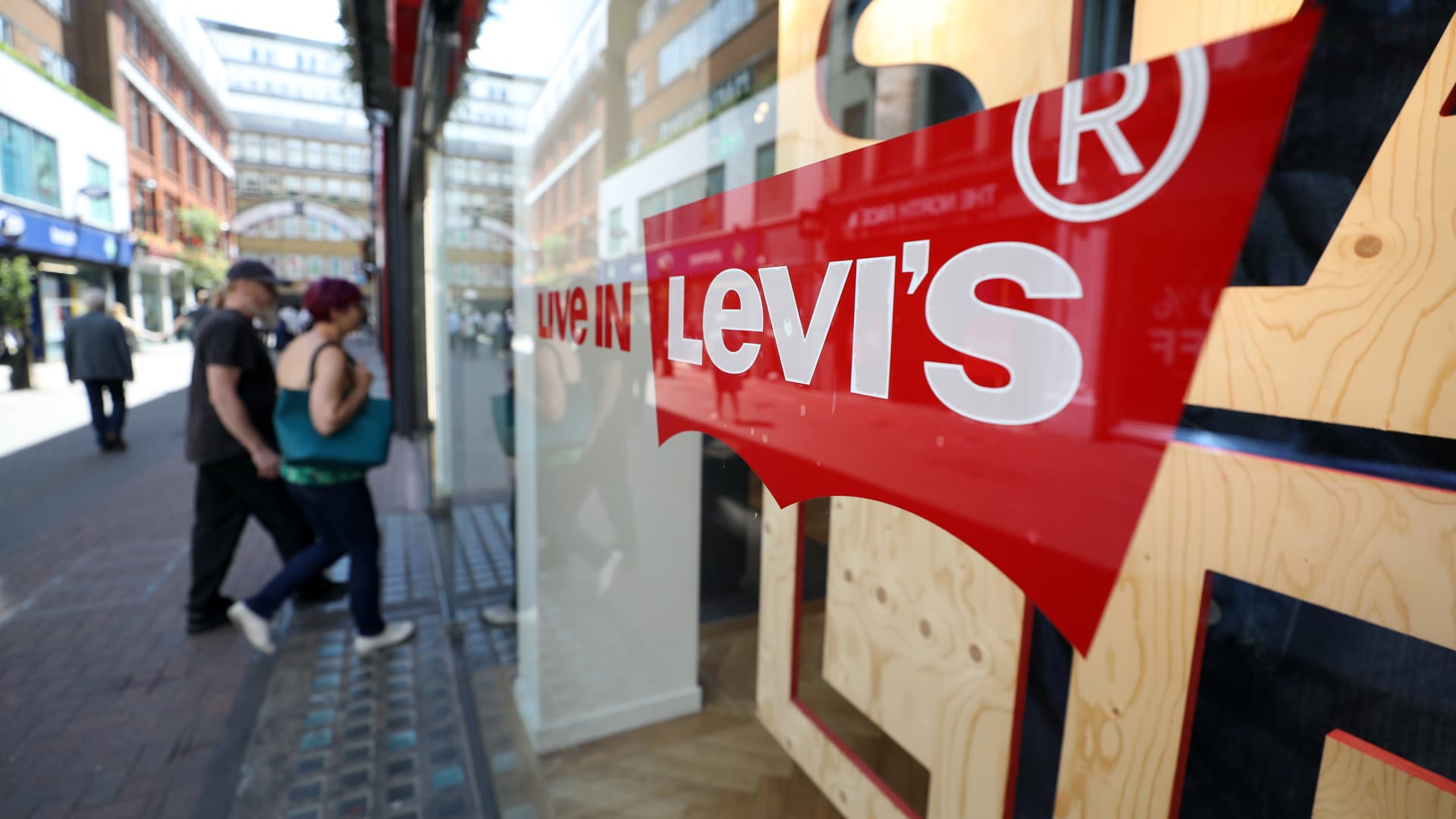Amid ongoing food and fuel crises worldwide, general subsidies are making a big comeback as a way of delivering social protection to the population. In fact, according to a World Bank tracker, the number of social protection measures introduced in response to rising inflation almost tripled globally between April and September 2022. More than a third of these were subsidies, including for fuel, food, fertilizers, and fees (such as for electricity, water and heating services).
The questions arise as to why subsidies are such a popular response, and why are they so difficult to reform. This puzzle lies at the center of the discussions that will take place during the upcoming IMF-World Bank Group Annual Meetings (October 10-16). Ahead of these meetings, we offer some key points for consideration.
It has been widely observed that subsidies tend to be politically popular for several reasons. First, most people benefit from subsidies, and thus, they may enjoy broader political support than programs that benefit only a subset of the population. Second is transparency; for example, with an energy subsidy, consumers see the subsidized price on their energy bills. Third, since they are widespread and long-established, subsidies can be an appealing vehicle for responding to crises that affect most people and different sectors. Finally, governments can claim that they influence what people consume. For example, subsidizing milk or eggs to ensure children get enough protein, rather than offering a cash subsidy that people may waste on so-called “temptation goods” such as alcohol or tobacco.
However, subsidies are undesirable for a number of reasons. First and foremost, they are regressive—that is, they benefit richer families more than poorer families, and they are highly expensive. In addition, specific subsidies can have negative consequences. Fuel subsidies, for example, have serious environmental effects. Subsidizing particular foods, such as bread, can backfire in terms of achieving balanced nutrition. It is far better to shift to transfers, and they should be in-cash not in-kind. And the idea that recipients waste cash on so-called temptation goods is not well supported by evidence, undermining much of the rationale for trying to influence spending.
For these reasons, prior to the current global crises, many countries had been trying to move away from subsidies toward targeted cash transfers of various types. This trend should be accelerated.
Why? First, cash transfers can be targeted to the households in various ways. Second, evidence shows cash transfers do not discourage work, often a key concern when it comes to those programs. Finally, cash transfers generate local economic multipliers.
With recent technological changes and improvements in social protection delivery systems, governments have more practical options for reaching people in need and can rely less on subsidies. While challenges exist, by applying various targeting methods countries can focus cash transfers on their most vulnerable population, or those who suffered the most as a result of the shock—or target more broadly.
Having social protection systems in place that reach the most vulnerable is a great place to start the scale-up toward universality. This can also help in crisis: Leveraging existing systems is often by far the simplest and fastest social protection response in an emergency. But social assistance is only part of the story: Governments may also expand social insurance programs to help households during shocks. Active labor market programs like targeted wage subsidies can also help with the heavy lifting.
At the same time crises can spark innovation. Often relatively broad, flat (or minorly customized) benefit designs can be used for crisis response programs. This simplifies eligibility decisions and balances protecting poor people, helping a broader group of households cope with shocks, and other policy goals. There were many such innovations during COVID as countries sought to support people previously unreached by social protection.
While there is no perfect system, there is enough evidence that social protection programs can and do work, and it is time to use them to their full potential. We invite you to carry on this conversation with us during the Human Capital Ministerial Conclave taking place at the annual meetings.














